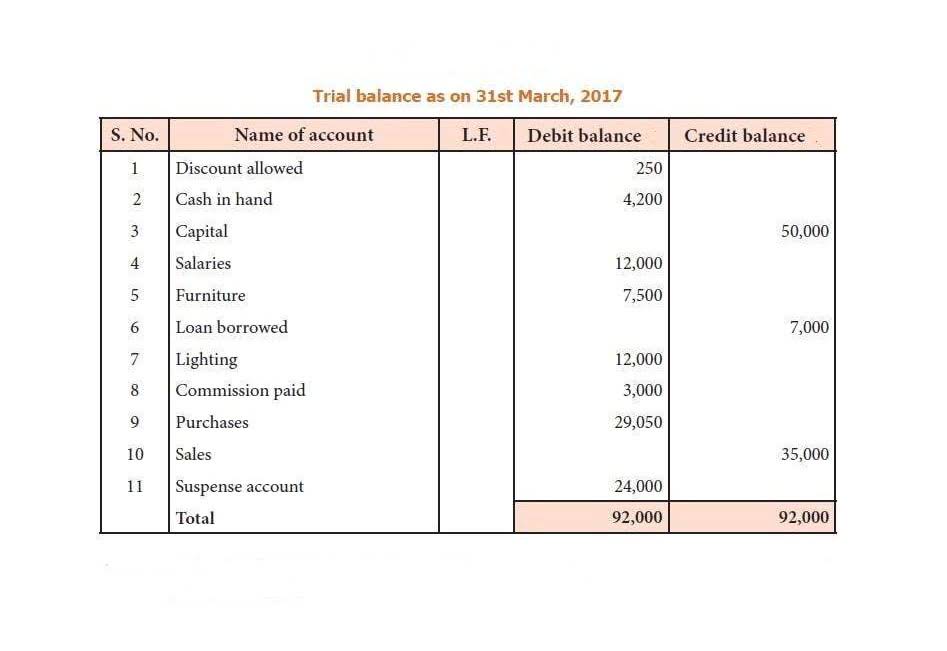Accounting Overview, Principles, Examples, Importance, & Facts

These accountants also work with cash flow statements and balance sheets. Accounting is a term that describes the process of consolidating financial information to make it clear and understandable for all stakeholders and shareholders. The main goal of accounting is to record and report a company’s financial transactions, financial performance, and cash flows.
The Financial Statements

This means that curiosity and deductive reasoning skills are also useful. You should have safe channels for transferring these documents so the data is safe from bad actors. An accountant can be a bookkeeper, but not all bookkeepers are accountants. If forensics bring up images of NCIS crime scenes, your deductive skills are up to par! Forensic accounting does require a certain degree of digging and detective work.
Using Accounting Software
Whether you’re doing the accounting yourself or working with an external party, these phrases will come up. Talking the talk will help you make better choices for your business. These 15 terms will create the foundation on which you’ll build your knowledge. Instead, accountants must commit to reporting both good and bad performance. This is a promise from the accountant that they‘re not trying to mislead anyone.
Certified Public Accountant

Sometimes, this extra data can help the public image of a company or clarify the value of a company’s investments. Bookkeeping is a tactical financial process that includes recording and organizing financial data. That includes what’s being spent and what money the business is making. Accountants go beyond, advising leaders on what to do with this data. Cost accountants create a constant record of all costs incurred by the business.
- Payscale data from April 2022 cited average base salaries of $98,000 per year for CPAs and $101,000 per year for CMAs.
- The company must follow specific guidance on what transactions to record.
- Ideally, you should complete your bookkeeping every month so you can keep a thumb on the pulse of your income, expenses, and overall business performance.
- It tends to attract detail-oriented professionals with excellent analytical skills.
Cost of Goods Sold
Many or all of the products featured here are from our partners who compensate us. This influences https://www.bookstime.com/ which products we write about and where and how the product appears on a page.
What Is an Example of Financial Accounting?
Bank loans and credit card debts are common examples of liabilities. An enrolled agent (EA) is a finance professional legally permitted to represent people and businesses in Internal Revenue Service (IRS) encounters. EAs must earn licensure from the IRS by passing a three-part exam or accruing direct experience as an IRS employee. Debits are accounting entries that function to increase assets or decrease liabilities. They are the functional opposite of credits and are positioned to the left side in accounting documents.
Best Free Accounting Software for Small Businesses
- Reducing your COGS can help you increase profit without increasing sales.
- This institute created many of the systems by which accountants practice today.
- He invested $100,000 of personal savings to start the company’s operations.
- One branch of accounting deals with the economic operations of entire countries.
- Tax accounts may also lean in on state or county taxes as outlined by the jurisdiction in which the business conducts business.
- The terms and concepts in this guide were curated in part for their relevance to new entrepreneurs.
- At a basic level, equity describes the amount of money that would remain if a business sold all its assets and paid off all its debts.
- They can find redundancies and places where the company could cut costs.
- Without accounting, investors would be unable to rely on timely or accurate financial information, and companies’ executives would lack the transparency needed to manage risks or plan projects.
- In accounting terms, profit — or the “bottom line” — is the difference between your income, COGS, and expenses (including operating, interest, and depreciation expenses).
- Generally accepted accounting principles (GAAP) describe a standard set of accounting practices.
- A balance sheet is a snapshot of your business’s financial standing at a single point in time.
